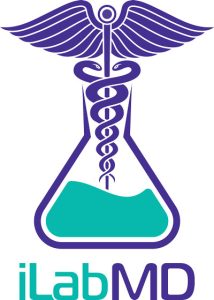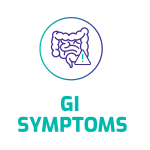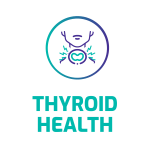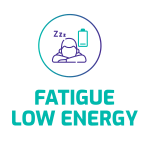Depression / Anxiety
At iLabMD, we're here to guide you through your life journey.
Learn More About How Depression & Anxiety May be Impacting Your Life
In functional medicine, the approach to addressing depression and anxiety involves exploring and addressing the root causes of these mental health conditions rather than just treating the symptoms. Mental health issues like depression and anxiety often have complex and multifactorial origins, and functional medicine practitioners consider various aspects of an individual’s health and lifestyle
some root causes of depression & anxiety that are addressed in functional medicine:
There is a strong connection between the gut and the brain, known as the gut-brain axis. Imbalances in the gut microbiome (dysbiosis) and gastrointestinal issues can affect mood and mental health. Functional medicine may involve addressing gut health through dietary modifications, probiotics, and other interventions.
Chronic inflammation in the body, often related to diet, lifestyle, or underlying health conditions, has been linked to depression and anxiety. Functional medicine aims to identify and reduce sources of inflammation and promote an anti-inflammatory lifestyle.
Hormonal fluctuations, such as those related to thyroid dysfunction, adrenal dysfunction (e.g., adrenal fatigue), or hormonal imbalances in women (e.g., premenstrual dysphoric disorder), can influence mood and contribute to depression and anxiety. Functional medicine practitioners may assess hormonal status and address imbalances.
Chronic stress, often characterized by dysregulation of the hypothalamic-pituitary-adrenal (HPA) axis, can lead to symptoms of anxiety and depression. Functional medicine emphasizes stress management techniques, relaxation strategies, and lifestyle modifications to support optimal adrenal function.
Fluctuations in blood sugar levels, such as hypoglycemia (low blood sugar) or insulin resistance, can affect mood stability and contribute to mood disorders. Functional medicine promotes stable blood sugar through dietary changes and lifestyle modifications.
Exposure to environmental toxins, heavy metals, pesticides, and other pollutants can negatively impact brain function and mental health. Functional medicine may involve detoxification strategies to address these exposures.
Exposure to environmental toxins, heavy metals, pesticides, and other pollutants can negatively impact brain function and mental health. Functional medicine may involve detoxification strategies to address these exposures.
Exposure to environmental toxins, heavy metals, pesticides, and other pollutants can negatively impact brain function and mental health. Functional medicine may involve detoxification strategies to address these exposures.
Exposure to environmental toxins, heavy metals, pesticides, and other pollutants can negatively impact brain function and mental health. Functional medicine may involve detoxification strategies to address these exposures.
Exposure to environmental toxins, heavy metals, pesticides, and other pollutants can negatively impact brain function and mental health. Functional medicine may involve detoxification strategies to address these exposures.
Functional medicine practitioners take a personalized and integrative approach to addressing depression and anxiety, aiming to identify and address the unique factors affecting each individual's mental health. Treatment plans may include dietary changes, nutritional supplementation, lifestyle modifications, stress management techniques, and other interventions tailored to the individual's needs. The goal is to promote long-term mental and emotional well-being by addressing the root causes of these conditions.
